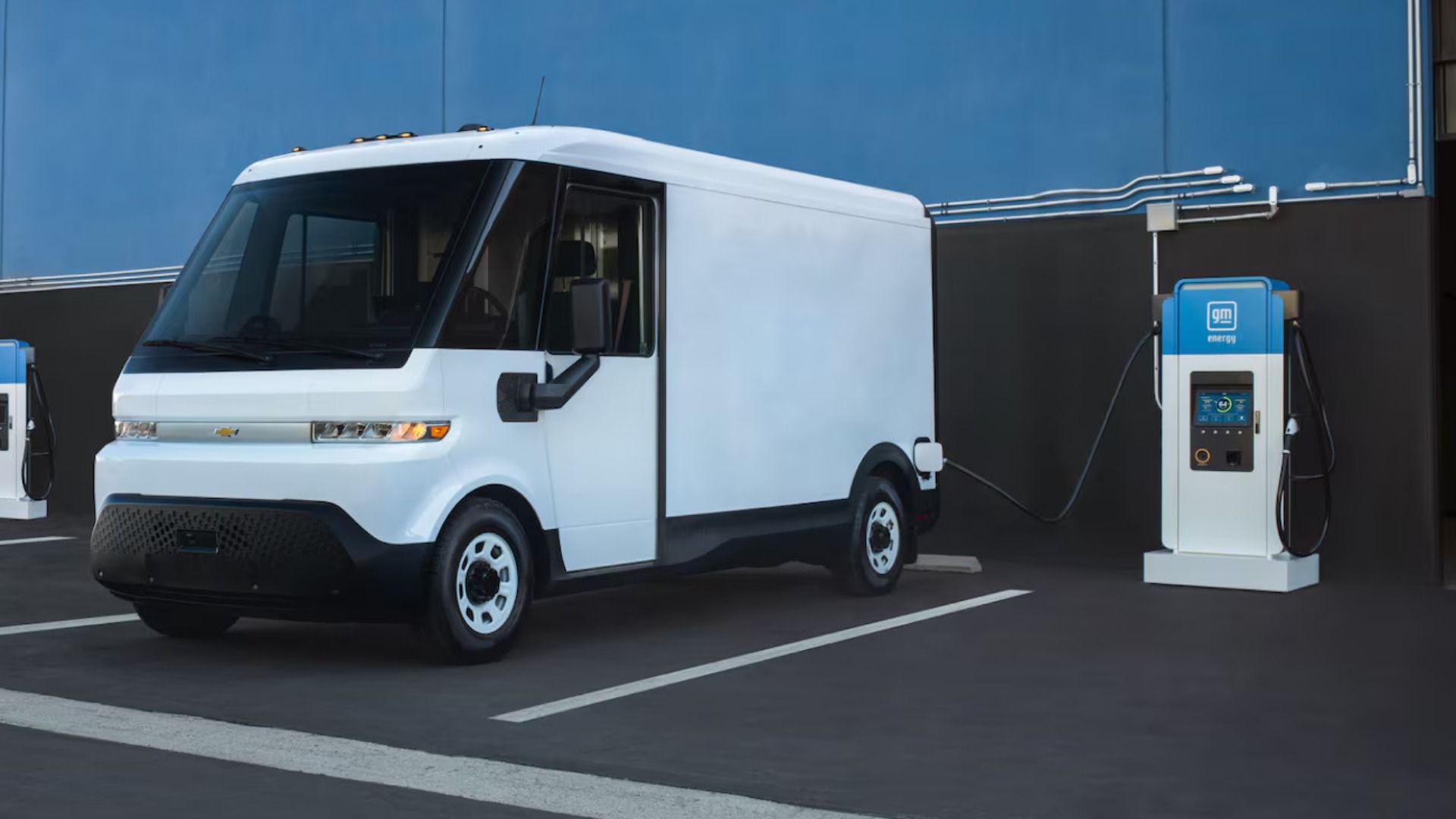Top Benefits of Electric Cars in 2025
Top Benefits of Electric Cars in 2025 the automotive world is undergoing a massive transformation, with electric cars at the forefront of this revolution. As we approach 2025, the shift towards more sustainable, efficient, and eco-friendly vehicles has never been more evident. People are increasingly recognizing the benefits of electric cars, making them one of the most exciting trends in modern transportation. From environmental advantages to cost savings, electric vehicles (EVs) offer a wide range of perks for drivers and the planet alike.
As we dive into the top benefits of electric cars in 2025, it’s clear that these vehicles are no longer a niche choice. They are quickly becoming the standard. Whether it’s for their lower environmental impact, cost efficiency, or advanced technology, EVs are reshaping how we think about mobility.

1. Environmental Impact: Reducing Carbon Emissions
One of the most significant benefits of electric cars is their positive effect on the environment. Unlike traditional gasoline-powered vehicles, which release harmful greenhouse gases, electric cars produce zero tailpipe emissions. As a result, EVs play a crucial role in the fight against climate change.
Key Advantages:
- Lower CO2 Emissions: By using clean energy, EVs help reduce carbon dioxide (CO2) emissions, which contribute to global warming. This is especially important as the world moves towards achieving net-zero emissions by 2050.
- Air Quality Improvement: Electric cars reduce the amount of harmful pollutants such as nitrogen oxides (NOx) and particulate matter in the air, improving air quality in urban areas.
- Sustainability: As more renewable energy sources are integrated into the grid, the carbon footprint of charging an electric car continues to shrink, making EVs even more environmentally friendly.
Long-Term Impact:
In 2025, electric cars are expected to be a key driver of the global transition to clean energy. Their widespread adoption will significantly lower the transportation sector’s contribution to climate change, making a real difference in the health of our planet.
2. Lower Operating Costs: Save More in the Long Run
Cost efficiency is another compelling reason why people are turning to electric vehicles. The benefits of electric cars extend far beyond their initial purchase price, with savings on fuel and maintenance that continue over the vehicle’s lifespan.
Key Advantages:
- Fuel Savings: Charging an electric car is considerably cheaper than refueling a gasoline vehicle. The cost per mile for electricity is lower than that of gasoline, which can lead to significant savings over time.
- Tax Incentives and Rebates: Many governments offer incentives, rebates, and tax credits for purchasing EVs, reducing the upfront cost and making them more accessible to a wider audience.
- Low Maintenance Costs: EVs have fewer moving parts compared to traditional vehicles. They don’t require oil changes, and their braking systems last longer due to regenerative braking. This results in lower maintenance and repair costs over the car’s lifespan.
Long-Term Savings:
While the initial price of an electric vehicle may be higher than a conventional car, the long-term savings are undeniable. In 2025, as the technology advances, these savings will only increase, making EVs more attractive for budget-conscious consumers.
3. Energy Efficiency: Maximizing Power with Less Waste
When it comes to energy efficiency, electric vehicles are the clear winners. The benefits of electric cars in terms of energy consumption are immense. EVs are far more efficient at converting energy from the battery into motion than internal combustion engine (ICE) vehicles.
Key Advantages:
- High Efficiency: Electric motors convert over 85% of the energy from the battery to power the wheels, whereas internal combustion engines typically convert only about 20% of the energy from fuel.
- Less Energy Waste: EVs use energy more efficiently, resulting in fewer energy losses and better overall performance. This makes them an excellent choice for those who value sustainability.
- Regenerative Braking: The regenerative braking system in electric cars recovers energy that would otherwise be wasted during braking and uses it to recharge the battery, further enhancing energy efficiency.
Technological Edge:
As technology improves, electric cars in 2025 will continue to increase their energy efficiency, helping to reduce the global reliance on fossil fuels.
4. Quiet Operation: Enjoy a Smoother, Peaceful Drive
Another delightful benefit of driving an electric vehicle is the quietness it offers. Unlike traditional vehicles that rely on loud engines and exhaust systems, electric cars produce minimal noise.
Key Advantages:
- Reduced Noise Pollution: EVs produce far less noise than gasoline-powered vehicles, which helps reduce noise pollution in cities and suburban areas. This creates a more peaceful and comfortable driving experience for everyone.
- Smooth Driving Experience: The absence of engine noise enhances the overall driving experience, making it quieter, smoother, and more enjoyable for the driver and passengers.
- Fewer Vibrations: Electric motors produce less vibration compared to internal combustion engines, leading to a smoother ride, especially on long trips.
Quality of Life:
In 2025, the widespread adoption of electric vehicles will likely lead to quieter streets and neighborhoods, contributing to a more serene urban environment.
5. Advanced Technology: Embracing the Future of Mobility
Electric cars are not just about driving—they represent the future of transportation, and the benefits of electric cars extend to cutting-edge technology that makes these vehicles stand out. From autonomous driving features to connectivity, EVs offer a wealth of innovative tools that make driving smarter and safer.
Key Advantages:
- Autonomous Features: Many electric vehicles come equipped with advanced driver assistance systems (ADAS), including features like adaptive cruise control, lane-keeping assist, and autopilot functions.
- Connectivity: Electric cars are often integrated with mobile apps, allowing drivers to check charging status, find nearby charging stations, and even schedule maintenance from their smartphones.
- Advanced Navigation Systems: These vehicles are equipped with sophisticated navigation tools that offer real-time traffic data, helping drivers avoid congestion and reduce overall travel time.
Future Prospects:
In 2025, it’s likely that EVs will be even more integrated with autonomous driving technologies and smart infrastructure, making them not just eco-friendly but incredibly high-tech as well.
6. Government Support: Driving the Transition
Governments worldwide are increasingly supporting the adoption of electric vehicles. The benefits of electric cars in 2025 include not only the environmental and economic advantages but also the support from policies and regulations designed to accelerate EV adoption.
Key Advantages:
- Incentives and Subsidies: Many countries offer tax breaks, rebates, and other incentives to make EVs more affordable for consumers. These incentives help offset the initial higher costs and make EVs a more attractive option.
- Dedicated Charging Infrastructure: Governments are investing heavily in the expansion of public charging stations, making it easier than ever to find a place to recharge your electric car.
- Environmental Policies: In an effort to reduce emissions and combat climate change, governments are implementing stricter environmental regulations that encourage the use of clean vehicles like electric cars.
Policy-Driven Growth:
With strong government support, the adoption of electric vehicles is expected to grow rapidly in 2025. These policies are crucial for meeting global emissions reduction targets and ensuring a sustainable future.
7. Energy Independence: Reducing Dependence on Fossil Fuels
Electric cars help reduce our dependence on fossil fuels, which is one of the key benefits of electric cars. As more people shift to EVs, the demand for oil will decrease, leading to a more sustainable and energy-independent future.
Key Advantages:
- Renewable Energy Integration: Electric cars can be powered by renewable energy sources, such as solar or wind power. This further reduces dependence on fossil fuels and enhances energy security.
- Energy Diversification: EVs can be charged from various sources, reducing reliance on any single form of energy and promoting a diverse energy mix.
- Decentralized Energy Systems: With the growing availability of home solar panels and home charging stations, EV owners can produce their own energy, further decreasing reliance on the grid.
A Step Toward Energy Security:
By driving electric vehicles, consumers can help reduce the geopolitical risks associated with oil dependency, contributing to global energy security and sustainability.
As we move toward 2025, the benefits of electric cars will continue to unfold, offering a cleaner, more sustainable, and cost-effective alternative to traditional gasoline-powered vehicles. From reducing harmful emissions to lowering operating costs, the advantages are clear. The quiet, smooth ride, coupled with advanced technology and government support, makes EVs the transportation choice of the future.
With continued advancements in battery technology, charging infrastructure, and autonomous features, the road ahead for electric vehicles looks brighter than ever. In 2025, electric cars will not only lead the way in terms of environmental benefits but also offer an enhanced driving experience for people around the world.
Electric vehicles are more than just a trend—they’re a movement towards a more sustainable and intelligent future.








